Bernard Baruch Writes about How To Implement Change in an Organization."Human nature, of course, changes far more slowly than do our external surroundings. "When new situations arise some persons dig their heels dogmatically into the past and declare that we must hold rigidly to the old rules. Others treat each new situation as if it requires a de novo approach, relying on trial and error as if the past had no value. To govern ourselves effectively, both these extremes must be rejected. "The real problem is to know when to stand by the old truths and when to strike out in new, experimental ways. … harmonize a readiness to risk something new with precautions against repeating the errors of the past." Bernard M. Baruch, My Own Story, 1957 Select the image or link below to read a review of Bernard Baruch's "My Own Story."
0 Comments
The American Industrialists' Business Definition of "Luck.""Luck occurs at the intersection of preparation and opportunity." American Business Philosophy
IBM Must Decentralize to Once Again Grow Revenue and Revenue Productivity"He [the chief executive officer] must have not only executive assistance, but discretionary assistance—that is, people who will take charge of their sections and conduct them as if they owned them. [Those] . . . who will not merely carry out orders, but who will initiate on their own account and then carry through." Harvey S. Firestone, "Making Men and Making an Organization," 1920 Select the image or the link below to read the full article. Andrew Carnegie Speaking on Diversity and Human Progress."Nothing should be done that would tend to reduce diversity of talents in our [human] race. Everything should be done to increase it if possible; for it is through "variation" the progress of the [human] race has been achieved, and progress is the chief end of existence. This is what we are here for, as is proven by the fact that progress from the lower to the higher has prevailed from the time this earth cooled and life began to appear. "This is our God-like mission: that every individual in his day and generation push this march upward, so that each succeeding generation may be better than the preceding [emphasis added]." Andrew Carnegie, "The Empire of Business," 1913 Select the image or link below to read more quotes of Andrew Carnegie. Christian Girl on the Requirement for Honesty on a Corporation's Board of Directors."Good morals in business will always begin with the man [or woman] who represents the business, no matter his [or her] capacity, and the corner stone is integrity. If his [her] business involves the practice of camouflage, she is not building a good business. "There are times when it may not be wise to tell all the truth, but only because the man [or woman] to whom you are talking is not able to stand all the truth and correctly interpret it. If, in the final analysis, you are ashamed to tell everything to an individual who can interpret it, you may be assured your business is not honest. . . . "That which any board of directors does—that the world could not be permitted to know—is not wise." Christian Girl, "Fighting from the Bottom to the Top," 1920
Edward A. Filene on the Good and Bad Aspects of Traditions."Eggshells are good, and every egg should have one. It keeps an egg in its proper place, up to the time when it ceases to be the proper place. "When that time comes, a conflict may develop between the egg and the shell--the shell doing its best to keep the egg inside, and the egg becoming more and more imbued with the necessity of getting out. If the egg is successful in this contest, a more abundant life is possible. If the shell is successful, there's a mess. "The eggshell in such a crisis, is a glorious tradition, and it can be proved conclusively that the egg could never have become a successful egg without it. Nevertheless, if the tradition isn't broken when it should be broken, the result is a total loss." Edward A. Filene, Successful Living in this Machine Age, 1931 Select the image or the link below to read a book review of Edward Filene's "Successful Living." Harvey S. Firestone Writing on Making a "Perfect" Organization with Men."A realization of personal imperfection may be the first thought to bear in mind in organization making, for it is not well to forget that the component parts of a human organization are human. They are not and never can be quite perfect. The unattainability of perfection does not at all mean it should not be eagerly pursued--that one should be easily satisfied. There should be no lack of striving toward perfection, but the humanness of human beings is not to be forgotten." Harvey S. Firestone, "Making Men and Making an Organization," 1920
An Evaluation of Arvind Krishna's First One Hundred Days as IBM's CEO.In a radio broadcast on July 24, 1933, President Franklin Delano Roosevelt (FDR), looking back on his activities after taking office, reviewed his initial one hundred days—a short period of time he devoted to “starting the machinery of the ‘New Deal.’ ” From this broadcast, the press coined the phrase “The First 100 Days.” Traditionally, this is a period of time for a chief executive to not only discover, understand and acknowledge the issues facing their country or corporation, but to start resolving them. During this time, FDR called the government and its businesses to action. His rallying cry told the citizens of his country that its government was on the job. Ever since then, the first one hundred days of any chief executive officer’s term has become a significant checkpoint on the performance of a new corner office. It is an early, traditional, and very relevant checkpoint of a chief executive’s performance. It is a time to ask, “Is the chief executive setting the proper tone and taking the appropriate actions to ensure their corporation’s future success? Has he or she told the citizens of their corporation through words and actions that their chief executive is on the job? Wednesday, July 15, 2020 marks the end of The First 100 Days for Arvind Krishna, IBM’s chief executive officer, and James M. Whitehurst, the corporation’s new president. What does this one-hundred-day checkpoint reveal? Is there an IBM “New Deal?” Or the same old stuff? Select the image of the link below to read an article evaluating Arvind Krishna's First 100 Days. |
Peter E. GreulichPeter E. has been studying IBM and early American corporate history since his retirement in 2011. These are his thoughts and musings, and of those whose biographies and autobiographies he has read with links to articles and book reviews on this website. Contact the author directly.
|
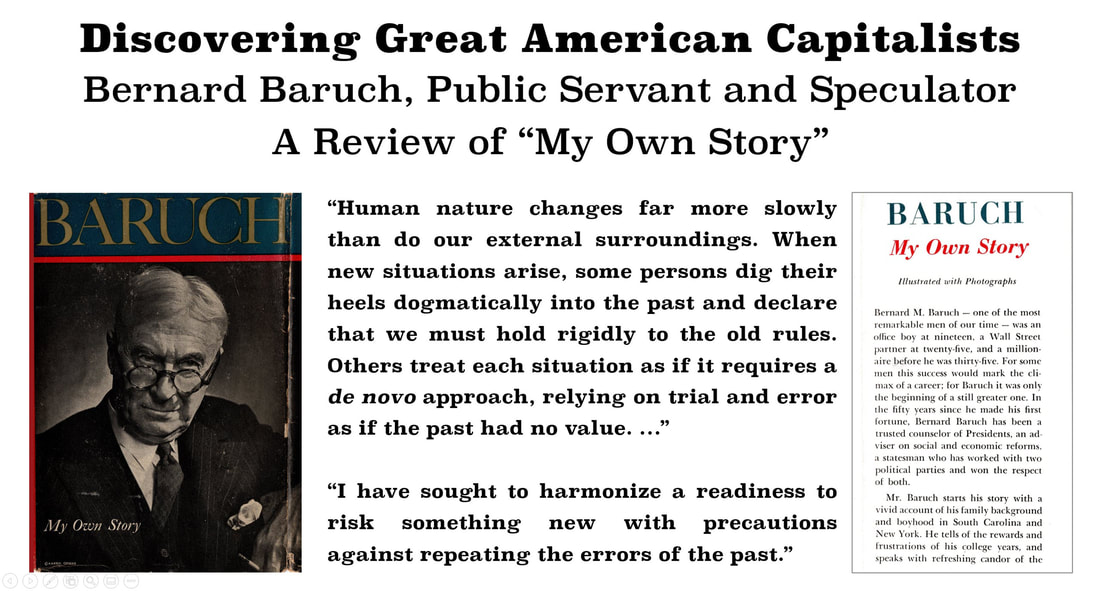
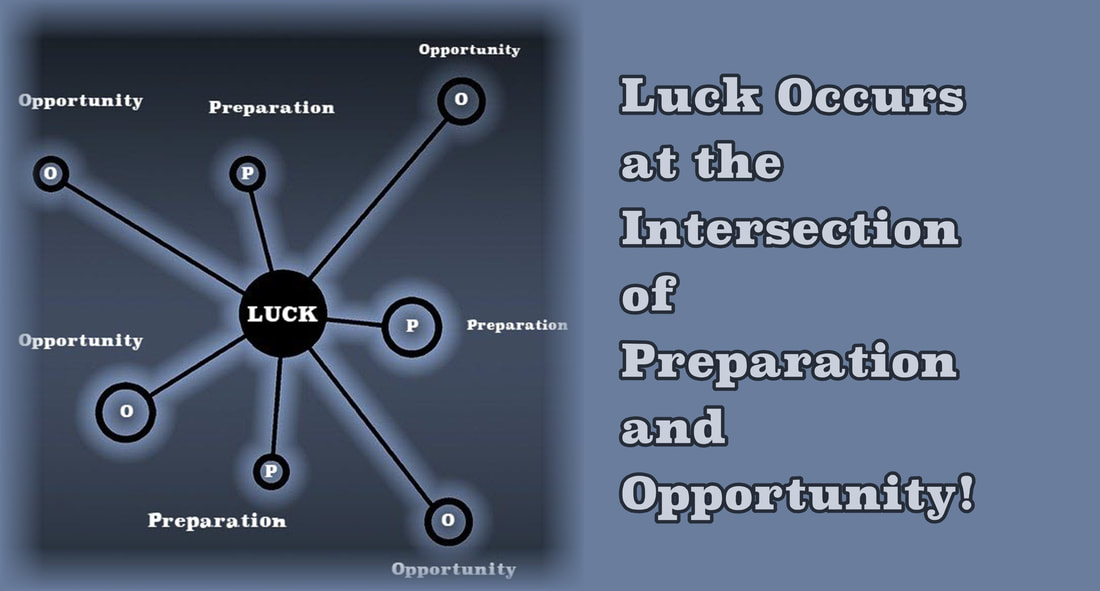
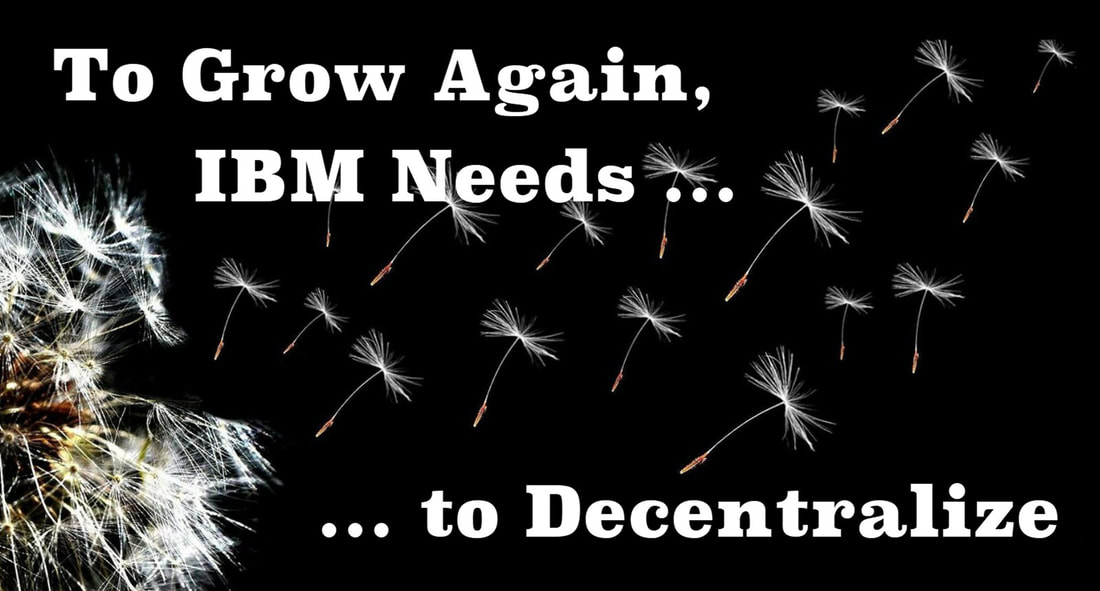
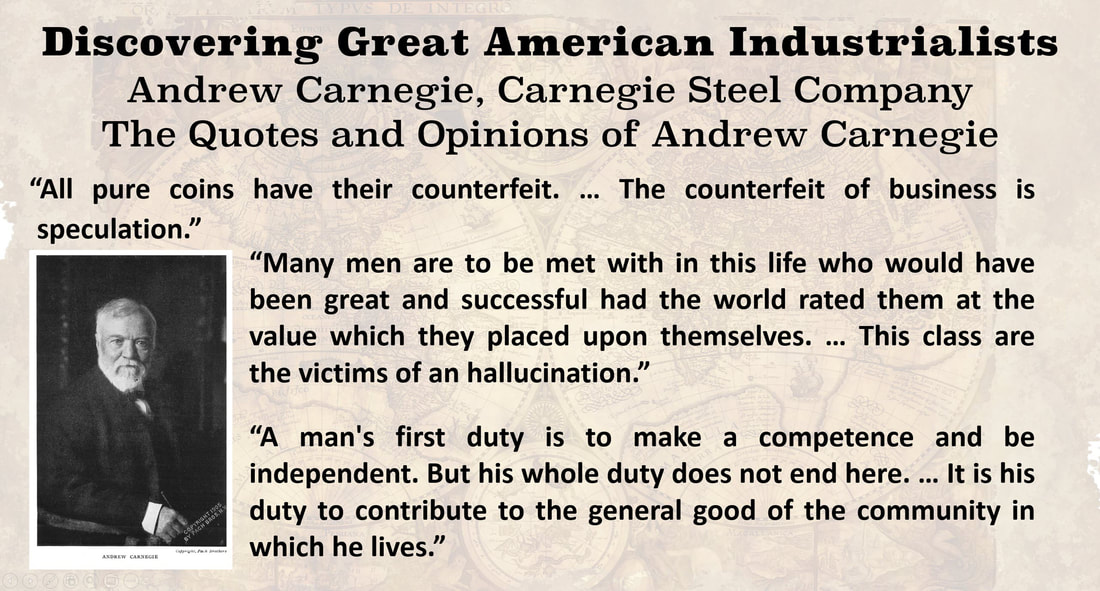



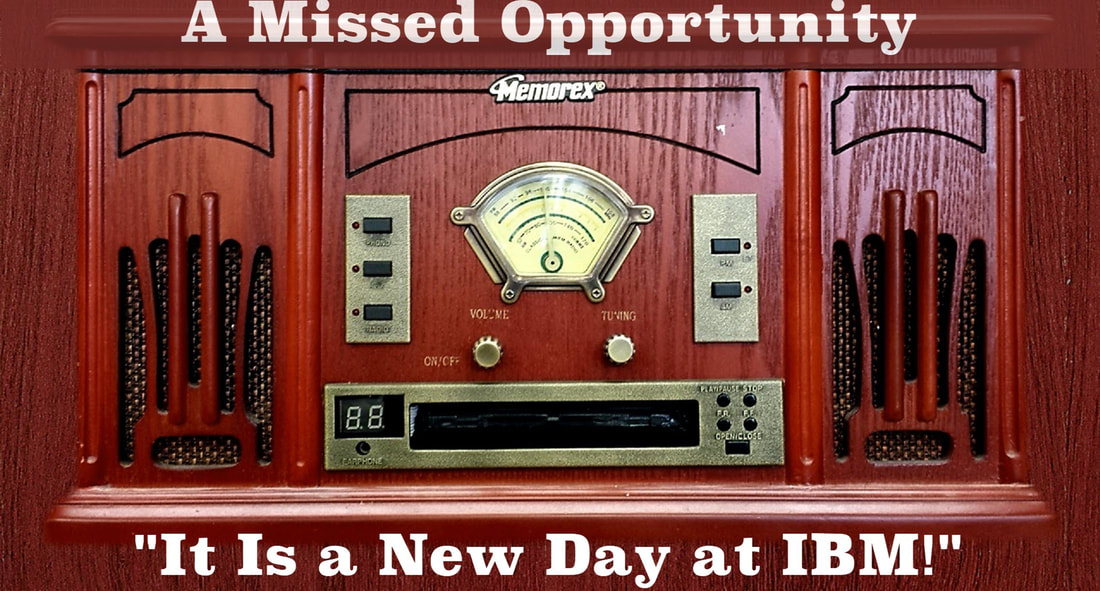

 RSS Feed
RSS Feed